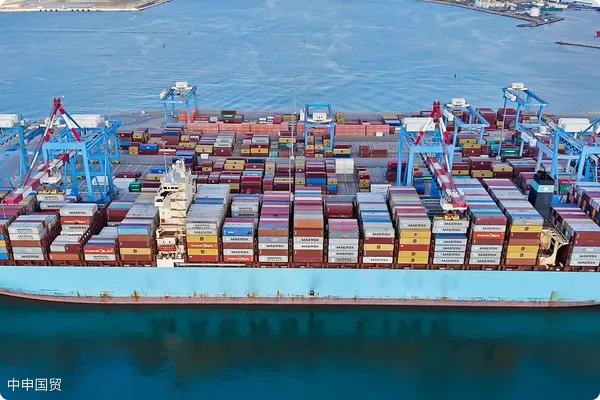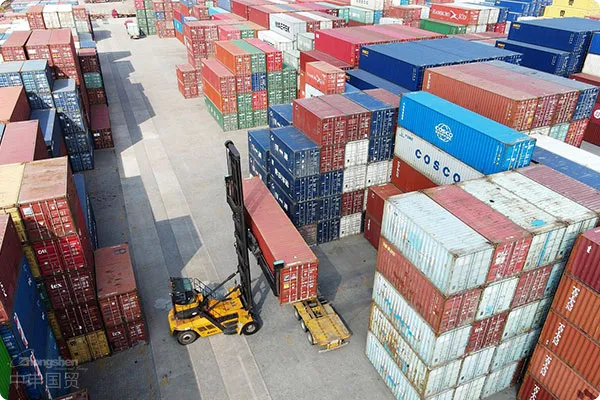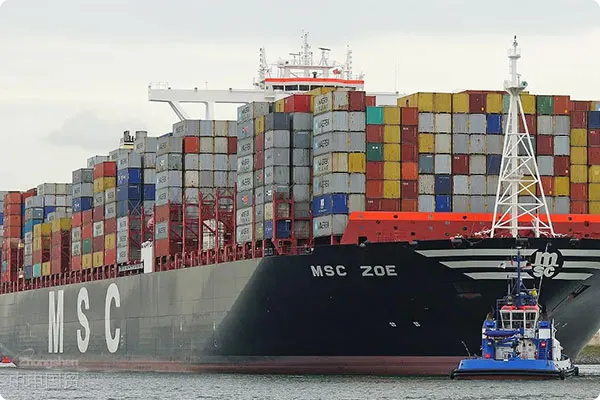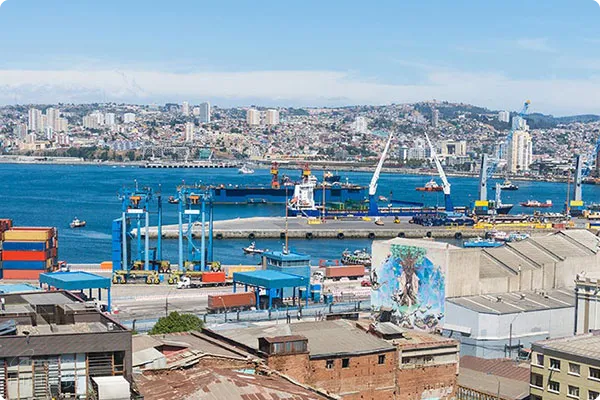- Shanghai Zhongshen International Trade Co., Ltd. - Two decades of trade agency expertise.
- Service Hotline: 139 1787 2118
Tax-inclusive import refers to the process where goods are first shipped to Hong Kong, then transported to mainland China via Hong Kong as a transit point, and finally declared to customs for import in the form of express parcels. Tax-inclusive import typically appears in special industries or products with tax incentives, such asCross-border E-commerceAlthough tax-inclusive import offers clear advantages in simplifying processes, reducing costs, and speeding up imports, its legality and potential regulatory risks remain controversial and require attention.

First, let’s explore the characteristics of tax-inclusive import. Generally, tax-inclusive import procedures are simple, requiring no preparation of customs declarations, clearance documents, or licenses. Second, since tax-inclusive imports are processed as express parcels, they can benefit from tax and fee reductions applicable to express shipments. If Shenzhen, which is close to Hong Kong, is chosen as the port of entry into mainland China, transportation costs can be significantly reduced, making the overall cost of tax-inclusive import lower. Finally, due to the faster customs clearance and inspection times for express parcels compared to regular imports, and the fact that the consignee does not need to spend time on complex procedures, tax-inclusive import is generally faster.
However, despite these advantages, the legality and potential regulatory risks of tax-inclusive import cannot be ignored. Most so-called tax-inclusive import goods are actually subject to taxes, but they enjoy tax and fee reductions by being imported as express parcels via Hong Kong transit. This means that goods imported under tax-inclusive arrangements may be suspected of tax evasion, making the practice somewhat illegal.
Regarding potential penalties for tax-inclusive import, customs will generally impose penalties based on the specific circumstances. If tax-inclusive import is suspected of smuggling, the penalties will be more severe.
Here, we should also understand the concepts of tax-inclusive export and tax-inclusive customs clearance. Tax-inclusive export refers to exporters not following the normal procedures and processes for exporting goods as required by the state. These exporters mainly export goods by purchasing verification forms directly, but since verification forms are prohibited from being traded, tax-inclusive export violates relevant national laws and regulations. Tax-inclusive customs clearance, on the other hand, refers to import duties and VAT being paid not by the consignee but by the logistics company handling the customs clearance.
In summary, while tax-inclusive import has its unique advantages, its legality and regulatory risks cannot be ignored. Therefore, when implementing tax-inclusive import, careful consideration and compliance with relevant regulations are necessary to prevent potential legal risks.
Related Recommendations
Learn
Contact Us
Email: service@sh-zhongshen.com
Related Recommendations
Contact via WeChat

? 2025. All Rights Reserved. Shanghai ICP No. 2023007705-2  PSB Record: Shanghai No.31011502009912
PSB Record: Shanghai No.31011502009912








